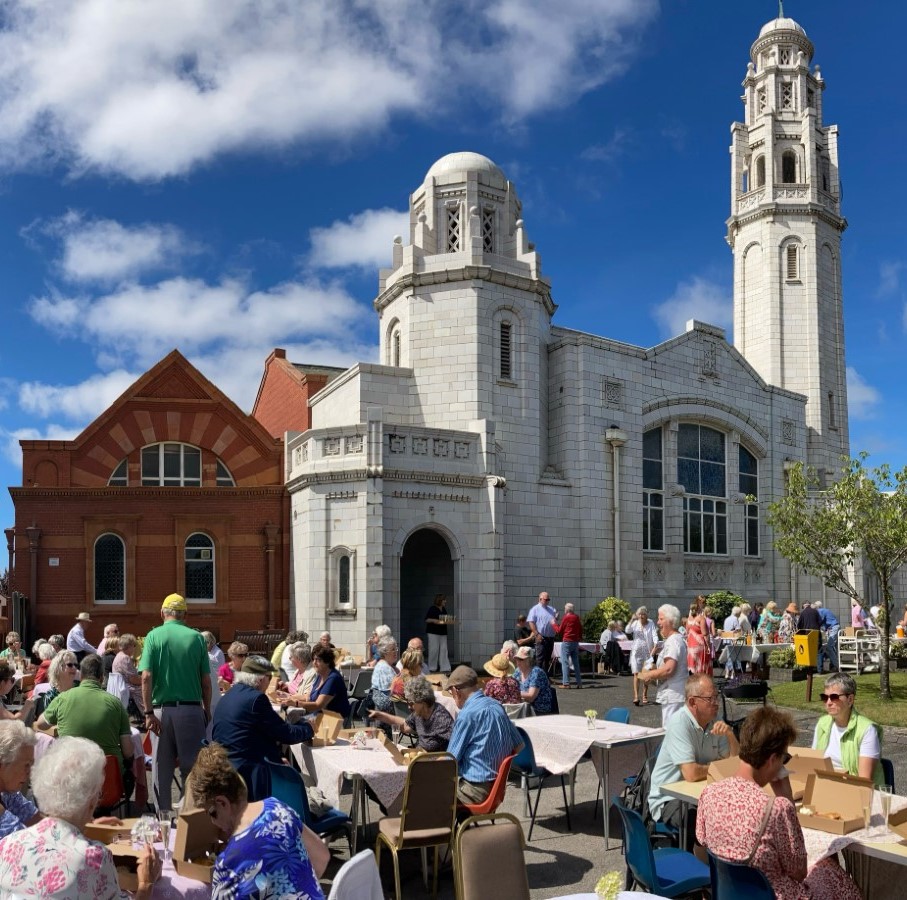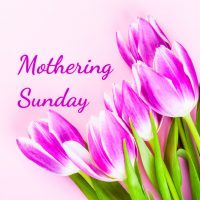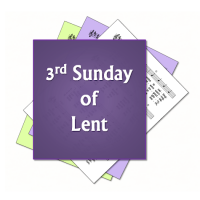Prayers of Approach
God of all, we come as guests to a party, at your invitation, bringing our gifts as tokens of our love.
God of all, we sit in your presence, at your invitation, respectful of your majesty.
God of all, we rest in your love, at your invitation, seeking to find our place in your purposes.
Welcome us, God of all, reassure us and renew us, for we come as we have been called. Amen.
Welcoming God, thank you that we all have a place at your table; thank you that we sit alongside the lowly, the disadvantaged members of our society who are disregarded; thank you that you turn everything upside down and give priority to the poor not the powerful. May we learn more about genuine humility and how to make a place for everyone. Amen.
Here in this place, we gather, physically and spiritually. We come before you, God, surrounded by others. Together we seek your word, your truth, your love. Together we share your space, your place. Together, with each other, we are yours and you are ours. Amen.
Hymn Let us build a house where love can dwell (Church Hymnary 4th edition 198)
Readings: Proverbs 25:6-7
Luke 14:1, 7-14
Introduction
The proverb could be summed up as ‘Know your place!’ but it’s a little more subtle than that. It’s really about life lived in relation to God and is more about being secure in who you are rather than timidly taking the lowest place possible. Those who rely on God are not dependent on the opinion of others for their sense of self-worth. Such an attitude allows a person to be open-handed and generous to others as God is to us. In the Gospel reading Jesus is invited to dinner on the sabbath where he is closely watched. He challenges the behaviour of his host and other guests by telling two parables: one reminds people to be humble, and the other to give without necessarily expecting anything in return.
Hymn O Lord all the world belongs to you (R&S 90)
Sermon/Reflection
2022 has been quite a year for celebrations, parties and special events. Not only is it the Queen’s Platinum Jubilee year, a celebration for the whole country and for the Commonwealth, it is also the 100th birthday of the BBC and, more importantly for us, the 50th anniversary of the creation of the United Reformed Church. And of course there have been lots of events to mark these occasions. Some of these have been big, formal state events to which ‘the great and the good’ are invited, others have been local street parties where neighbours have simply gathered to have a good time. But with the great variety of events taking place there has been something for everyone, or has there?
Even at the simplest, most lowly events there is often some sort of order of importance or sense of precedence, although it might not be quite so obvious as at a big state or civic occasion. Think of arranging the seating plan for a wedding, or even a child’s birthday party, who are the best friends of the moment, which guests have to be kept apart? And who is going to take offence if they are not where they think they ought to be? It can sometimes be quite a headache.
During my training for ministry I was Chapel Clerk at Westminster College during it’s 150th Anniversary year and the senior student and I were given the task of arranging the reserved seating for our important guests. We were given a list of people whom we had to allocate seats to and as we were doing this the daughter of an elderly and well respected minister and theologian came in and demanded to know where she and her father would be seated. Unfortunately their names were not on our list and although we knew that the prominent person in question was a gentle and very humble man who would not have been at all put out it was
obvious that his daughter would have been very offended on his behalf. Luckily we still had some way to go in our task so we simply said ‘sorry we haven’t got that far yet but it will probably be somewhere in this row.’ There followed a quick trip to the college office to get two more name signs printed and by the time everyone was taking their seats for the service they had their reserved places.
Just imagine for a moment that you are part of the planning group for a big event to which many important people have been invited. What order would you put the following people in:- the Lord Lieutenant of Lancashire, the Mayor, Sir David Attenborough, Marcus Rashford, your church secretary, your local MP, Prince Charles (representing the Queen) and the Duchess of Cornwall, the Moderator of General Assembly, a foodbank volunteer, Alan Titchmarsh, the Chief Constable, a nurse, Ellie Simmonds, everybody else. Tricky isn’t it. There are obviously some rules of protocol which would put Charles and Camilla first and have a definite order for the next few guests but what about the rest? Is this an event to honour a particular person or group of people? For example – if it is a thankyou to volunteers they might come ahead of people they would otherwise follow. The Patron’s Lunch at the Queen’s diamond jubilee invited members of organisations, volunteers, and beneficiaries of charities of which the Queen was patron to a huge party in The Mall. It included those from all walks of life young and old, men and women, rich and poor, the unemployed, the disabled and the homeless. It didn’t exclude anyone because they were different or disadvantaged or on the margins of society.
The words exclusion and inclusion are very familiar to us, but these are not modern terms or ideas. In the ancient world, issues of inclusion were also very important. Just as today, being included by the right people allowed someone to move ‘on and up’ in society. But Jesus has a very different message. He challenges the practice of making sure you are in the right place at the right time, and tells those around him to seek instead a life of humility. Not only that, he says they should actively seek to include and give priority to those who were excluded by society. For Jesus that meant the poor, the crippled, the lame and the blind. Who does it mean for us?
Hymn For everyone born a place at the table (CH4 685)
Prayers of Intercession
Lord God, we bring before you those we don’t consider to be within the bounds of our hospitality:
the poor and sick of other nations; refugees; the homeless on our own streets; all who are on the edges of society.
We do our bit, we give money for their needs and pay our dues as Christians should; but we cannot invite the whole world into our homes.
And yet…help us to understand that hospitality is a ‘moveable feast’.
Jesus was a host although he had no home to call his own. It was in his welcome and the warmth he showed.
So, Lord, when we come across those who are on the margins, move us not just to walk on by.
We thank you for those who work, paid or as a volunteer, for those in need and we pray for their continuing strength and resolve in righting the injustices of society.
And may we be given the grace to extend the hand of friendship, and maybe drop a kind word or deed here and there, even if we can do little else.
Show us, Lord, what you would have us do. Amen.
Hymn The kingdom of God is justice and joy (R&S 200)
Blessing
Lord, be with us today as we think about including all people. Inspire us to pray for those in our own neighbourhood who are often excluded. Inspire us to be active in seeking to include others and find a place for everyone in our community. Thank you that no one is beyond your love and care. Help us to be people who live and spread that message. Amen.
Prayers and other material (adapted) © Roots for Churches Ltd. Used by permission.








